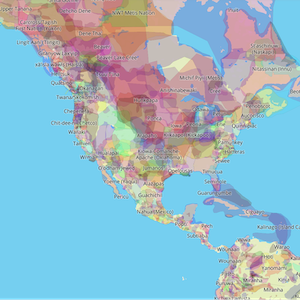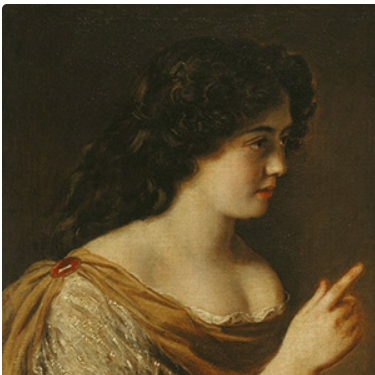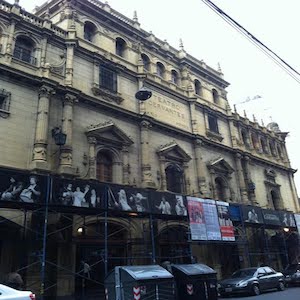Culture

Posada Broadsheet
This broadsheet was made my Mexican printer Jose Guadlupe Posada in 1903. The broadsheet itself was called Calavera oaxaqueña, of "the skull from Oaxaca," in reference to the rural city it was published for.

Native Land
It is a good place to start learning about knowledge generation and how indigenous groups and settlers can come together to document their histories.Travels Through Greco-Roman Antiquity
This website is an excellent primer into ancient Greek and Roman places and events, with references to other sources and maps that may aid in reconstructions of the area.
Chinese Text Project
largest database of pre-modern Chinese text digitally available...[which] focuses specifically on pre-Qin and Han dynasty works, as well as post-Han dynasty texts.
Colonial North America at Harvard Library
Colonial North America at Harvard Library is an ambitious project that seeks to digitise Harvard’s vast collection of materials related to the North American colonies, circa the 17th and 18th centuries.
The Letters of Marie Mancini
The site’s great strengths currently lie in its annotated translations and ease of use, with the team having obviously given some thought to how users might want to explore these letters.
The Blavatnik Archive
...the Blavatnik Archive site does a great job of ensuring that a range of important archival material can be accessed by anyone with an internet connection
Buddhist Records Of The Western World
Xuanzang ( or Hiuen Tsiang) was a Chinese monk ( 602-664) who went to India to study Buddhism.

Teatro Nacional Cervantes
The Cervantes Theater is located in Buenos Aires, Argentina, near the historically aristocratic zone of Recoleta. Actress María Guerrero and her husband Fernando Díaz de Mendoza played a major role in the establishment of this theater, which was officially inaugurated on September 5, 1921.

Selections from Eusebius, Life of Constantine
The most important record that remains of Constantine’s life is a biography written shortly after his death by the historian and Christian bishop Eusebius of Caesarea (ca. 263–339 ?), a close adviser to Constantine.